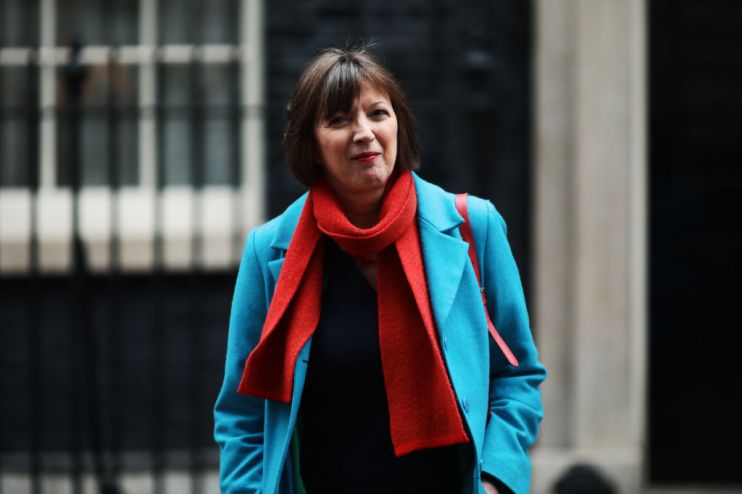TUC calls for shake-up of UK economy during Covid-19 recovery

The Trades Union Congress (TUC) has urged the government to roll out a raft of radical economic reforms to tackle the “despair of mass unemployment” and aid the UK’s coronavirus recovery.
In a report published today the TUC, which represents most UK unions, called for the creation of a national recovery council to oversee an economic policy inspired by Labour leader Clement Attlee’s post-war strategy.
The proposed measures include increased public spending rather than austerity, an increase in the minimum wage to £10 an hour, a pay rise for public sector workers, a ban on zero-hours contracts and a job guarantee scheme.
TUC general secretary Frances O’Grady said the UK should “channel the spirit of 1945”, arguing that greater government investment would lead to a faster economic recovery.
But the report was slammed by the Institute for Economic Affairs (IEA) think tank, which said the approach would “almost guarantee no recovery at all”.
“Until Covid-19 hit, the UK’s labour market was at its most successful in decades with very high levels of employment and the lowest unemployment rate for 45 years,” said Len Shackleton, IEA editorial and research fellow professor.
“This was due in large measure to its flexibility compared to the scelerotic continental European economies. To abandon that approach would be foolish in the extreme.”
Shackleton argued that the proposed policies were “fantasies” that would worsen unemployment, and dismissed the national recovery council as a “pointless talking shop”.
The TUC report outlines six key areas for investment, including higher wages and new collective bargaining rights for workers, as well as a job guarantee scheme that would prevent long-term unemployment.
It also called for a focus on environmental sustainability in the UK’s recovery and a rebuilding of public services.
The wide-ranging report also said specific action should be taken to ensure women, disabled people and black and minority ethnic people were not disproportionately impacted by the Covid-19 recession.